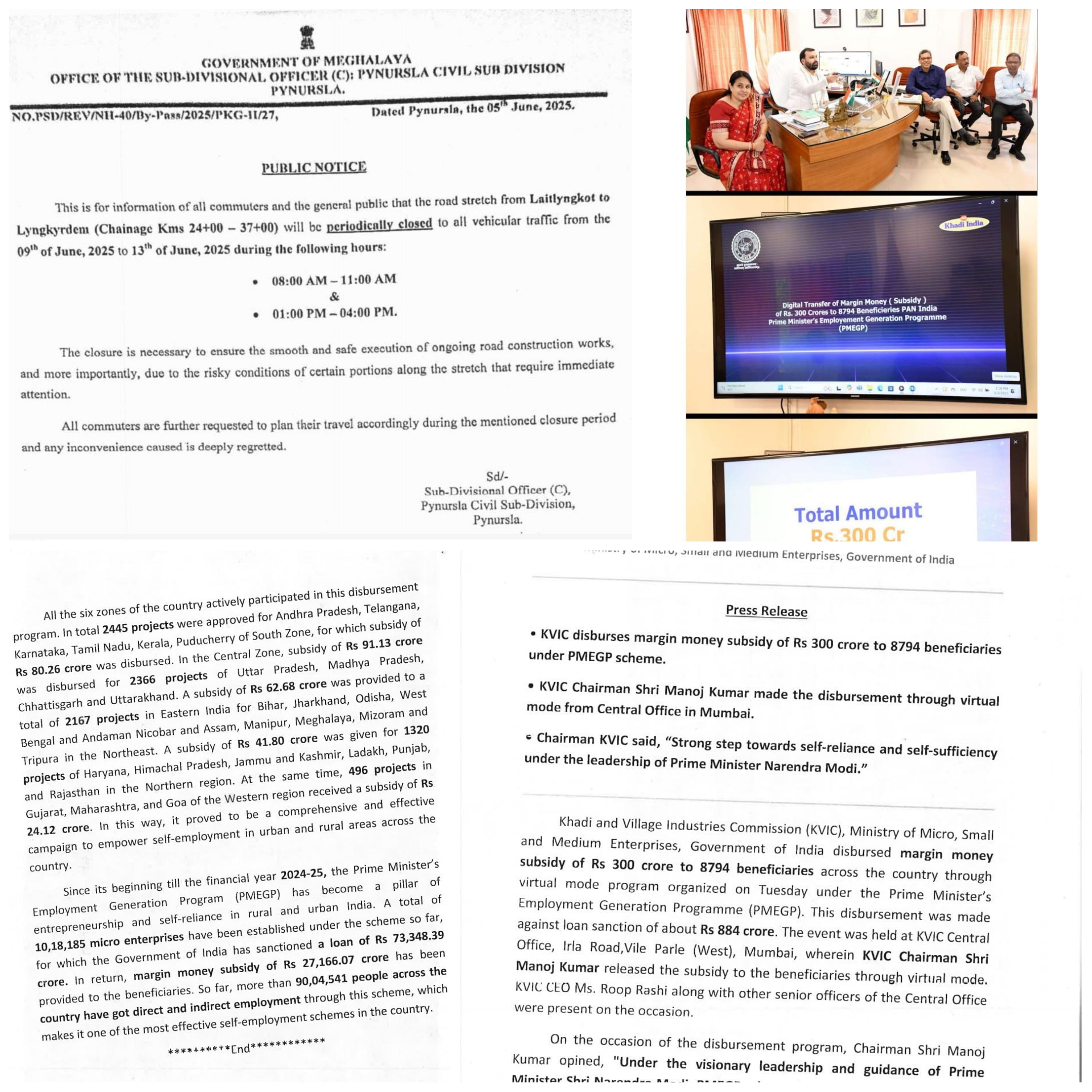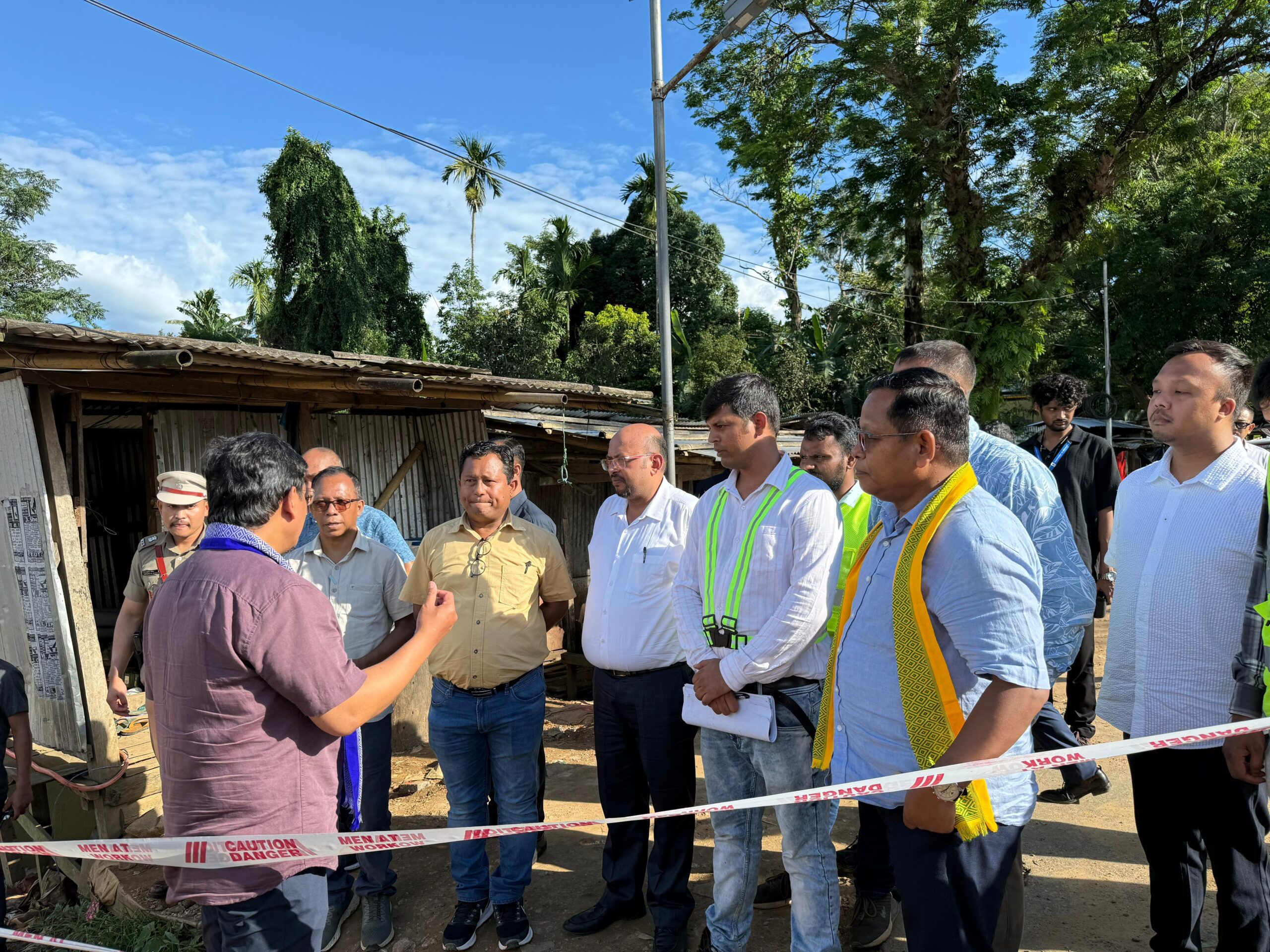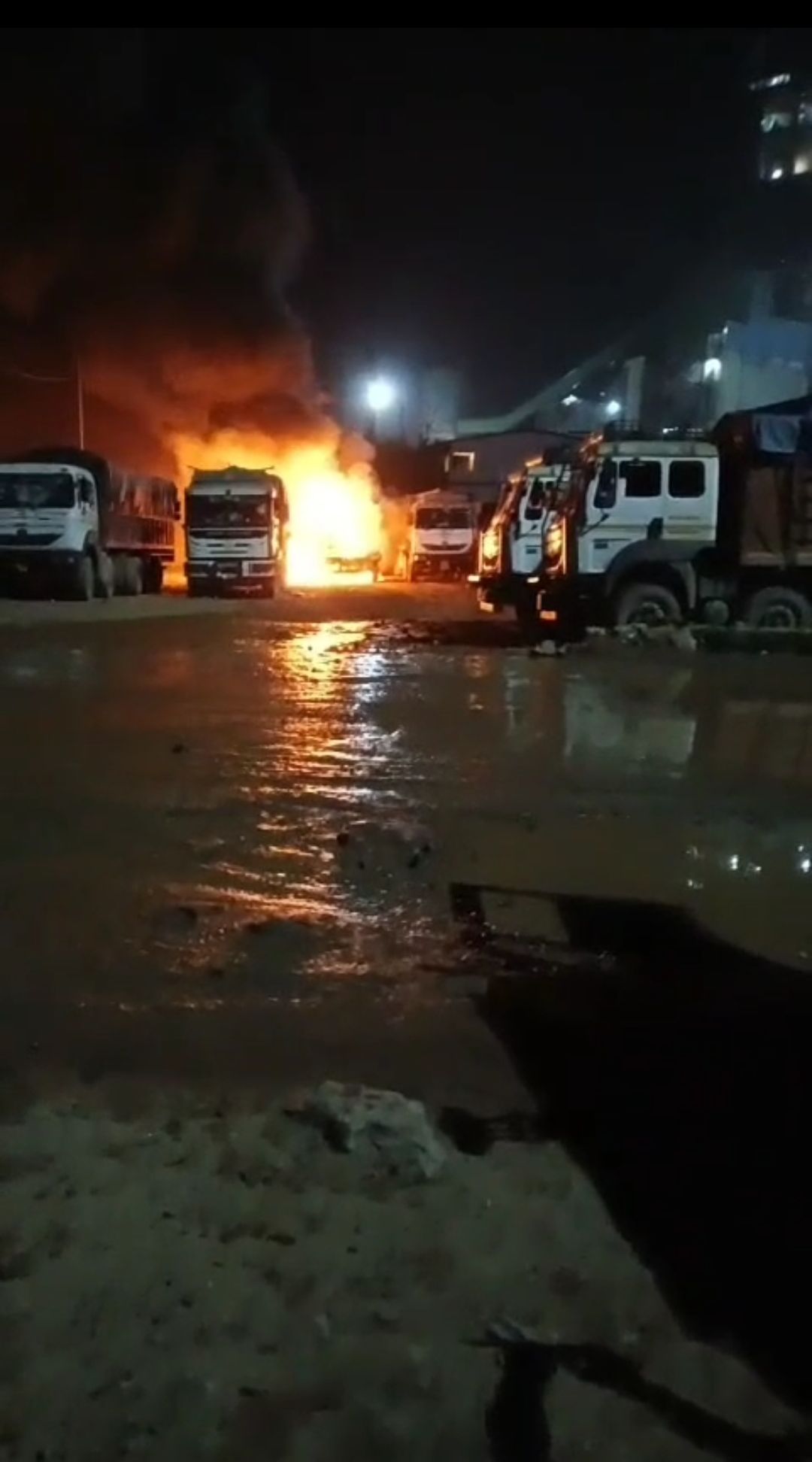As India’s security doctrine shifts to confront threats beyond the battlefield, the Ministry of Home Affairs has rolled out its first-of-its-kind Cyber Commando initiative under the Indian Cyber Crime Coordination Centre (I4C), arming states with elite digital defenders.
In Meghalaya, Superintendent of Police (Cyber) Pankaj Kumar Rasgania highlighted the state’s participation in India’s national effort to outwit cybercriminals in the face of escalating digital threats.
“So Cyber Commando is an initiative of I4C which aims to create skilled manpower in cyber security domain,” Rasgania said.
“There are two levels: one for gazetted officers and one for non-gazetted officers. For the non-gazetted officers, the training is of six months in-house in various institutions such as NSFUs, IITs, and IIs. For the gazetted officers, the training is conducted at the National Police Academy where they are trained in information security and cyber security,” SP cyber said.
Meghalaya has already deployed its first trained personnel—one sub-inspector under the non-gazetted stream, and two senior officers, DIG (CID) and SP (Cyber), who underwent intensive training at the National Police Academy. “Now these officers are an asset for the government. They can be utilised for either prevention and detection of cyber crime or for enhancing cyber security, information security and protection of our digital infrastructure,” Rasgania added.
Against the backdrop of an intensifying cyber arms race between India and Pakistan, the centre underscored the urgency of bolstering digital preparedness.
“If you look at the cyber domain, it is an ever-changing and fast-paced domain. The problem that the present workforce is facing is that the technology is getting outdated very, very fast. We don’t have skilled manpower,” he warned.
In response, the Meghalaya government is ramping up its infrastructure and manpower. “There is work going on to enhance the cyber crime wing into a full-fledged cyber wing, which will take care of not just the prevention and detection of cyber crime but also the cyber security and protection of citizens in cyberspace,” Rasgania explained. A dedicated post of SP Cyber Crime has been created—currently held by him—and efforts are underway to upgrade the state’s cyber forensic lab with cutting-edge tools.
The challenge, however, runs deeper. “Based on the investigations and FIRs registered here in Meghalaya, the major pattern is that these criminals are not residing in Meghalaya,” Rasgania said. “There are very few known hot spots of cyber crime like Jamtara, Bharatpur, and recently new cities witnessing a spike. Even if they are from here, their roles are very limited and the actual masterminds are sitting in other states.” Cross-border jurisdictional hurdles—literal state lines—continue to slow down investigations, a flaw that cybercriminals exploit.
Last year, Rasgania also flagged the TAΑΙ group app scam currently under investigation.
“This fraudulent app uses photographs and names of prominent business figures, impersonating them to gain credibility,” he said adding, “By exploiting the names of legitimate companies, owners, and directors, they lure people into investing in the fake scheme.”
So far, more than eight cases linked to this digital racket have been registered in both Garo and Khasi Hills.
The numbers paint a stark picture. In 2022, Meghalaya reported 1,069 calls to the National Cyber Crime Helpline (1930); in just two years, that number has ballooned to 8,414. Complaints registered on cybercrime.gov.in skyrocketed from a mere nine in 2019 to 735 in 2022, reaching 1,022 by 2024. Yet, in a silver lining, Rs 2.42 crore in fraudulent transactions were blocked thanks to swift police action via the portal.
As tensions with Pakistan fuel digital hostilities and cyber threats grow more insidious, the Cyber experts in the country are not just fighting virtual crime, they are guarding India’s frontline in the invisible war.





